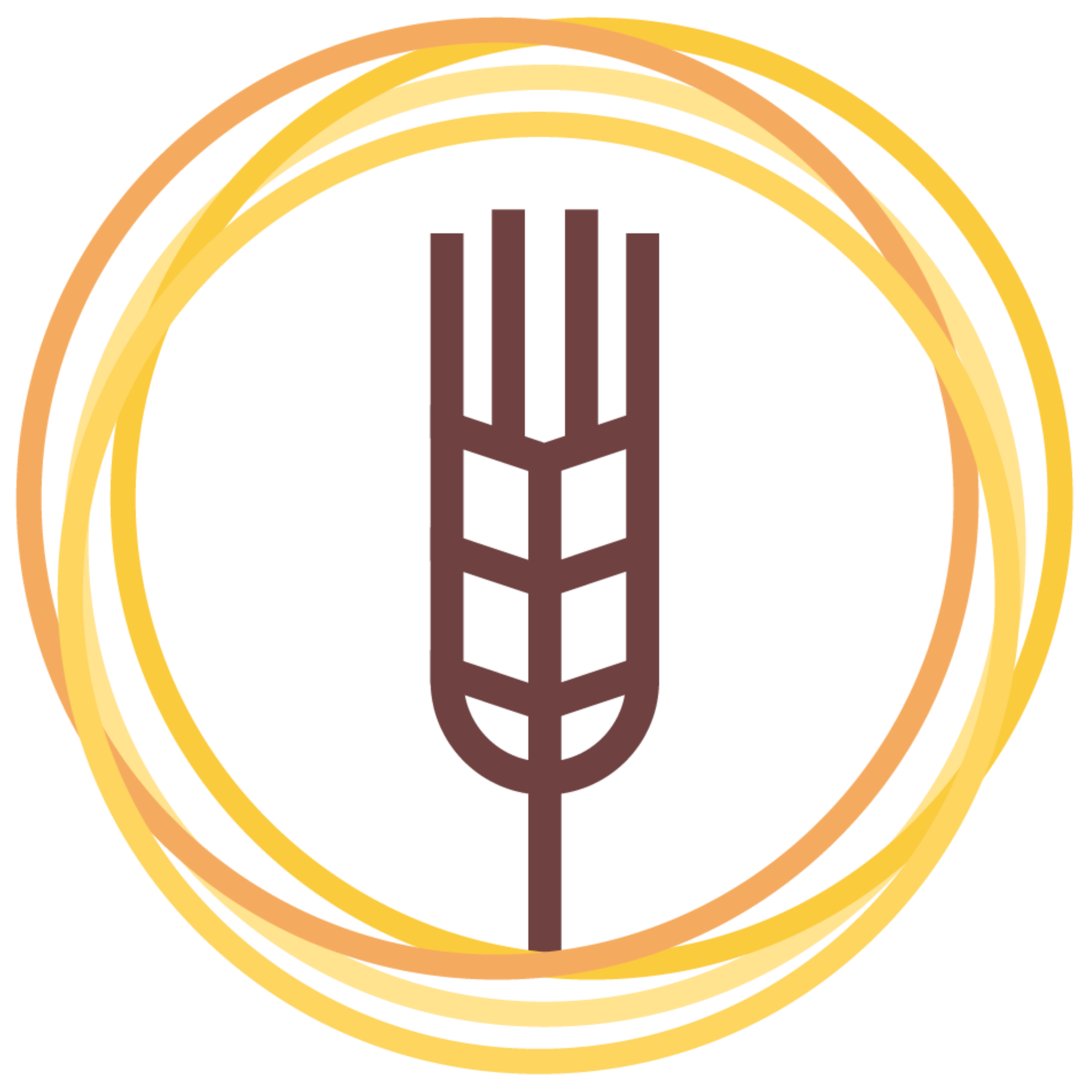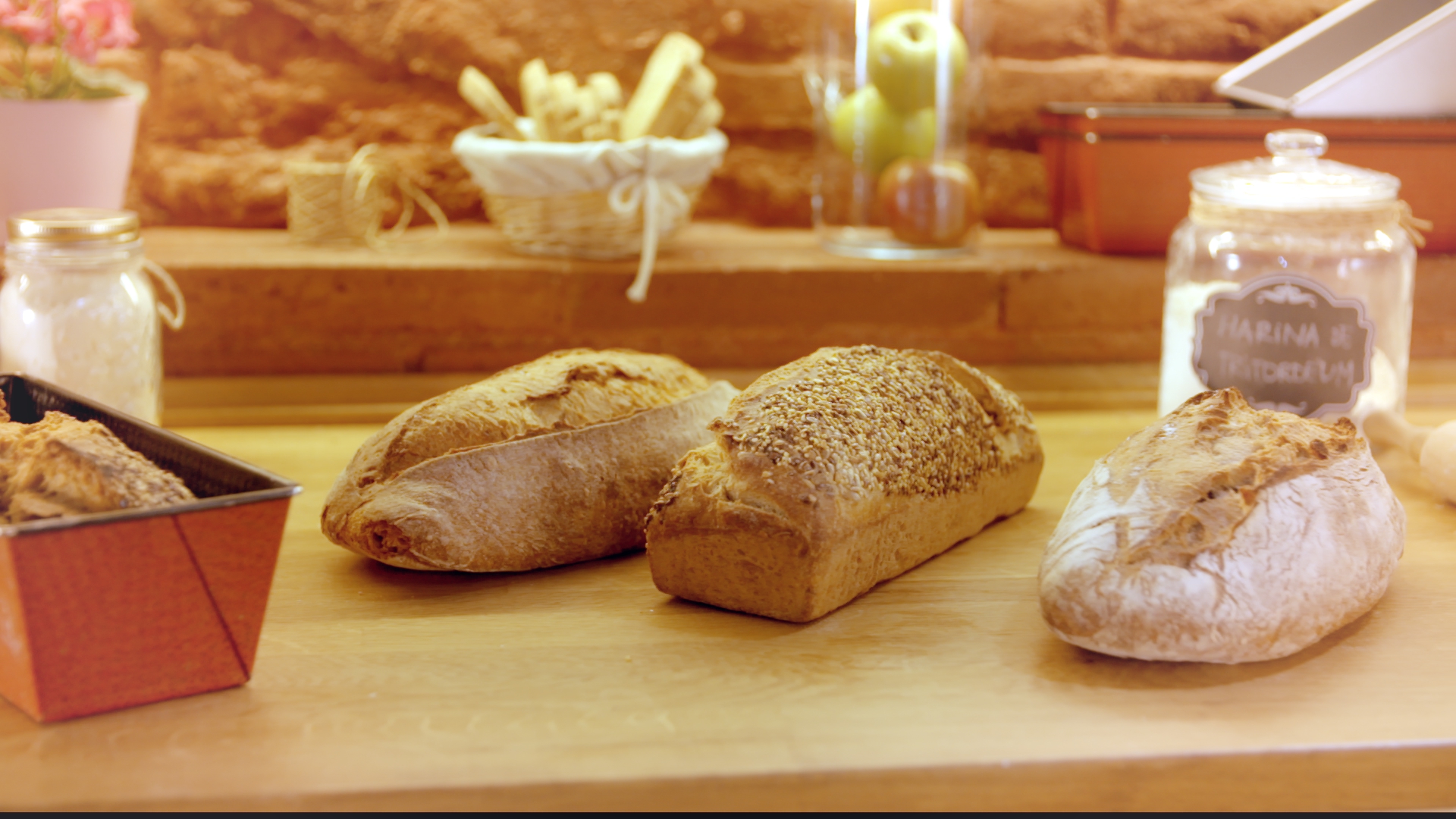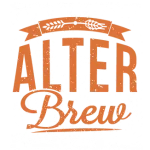
R&D
Projects



R&D
Projects


Areas of focus in our Research and Development




Breeding


Development of new varieties by crossing parental varieties in field and selection based on phenotype and grain quality traits
Multi-location trials with advanced breeding lines in Spain and abroad





Farming


Trials on farming practices:
- Phyto-chemicals approval
- Adaptability: Comparative studies with other crops in multiple geographies
- Organic farming


Efficiency protocols:
- Seeding rates
- Sowing periods
- Hull adherence
- Pre-sprouting
- Others




Sustainability


Biotic and Abiotic stresses:
- Heat/Cold
- Salinity
- Drought/Flooding
- Diseases
- Other factors


Efficiency yields:
- Nitrogen use efficiency







Nutrients


Macro nutrients
- Protein
- Fibre
- Fats
- Sugars


Micro nutrients
- Lutein
- Minerals
- Vitamins
- Other compounds




Digestibility


Gluten intolerance:
- Gluten
- IBS – Irritable Bowal Syndrom


Other nutrients:
- Fodmaps


Others


Enzymatic activity:
- Alpha amylase
- Beta amylase
- Others


Other compounds:
- Phenolic compounds
- Others







Baking / Pasta



Baking:
- Formulation
- Processing
- Diversification of ingredients


Pasta:
- Processing
- Others


Malting / Brewing / Distilling


Malting:
- Processing
- Diversification of ingredients





Brewing - Distilling:
- Formulation
- Processing
- Others


Forage / Feed


Agronomy:
- Varieties development
- Adaptability
- Diversification of ingredients


Nutrition:
- Animal nutrition and well-being
- Dairy/Meat production


Projects in relation to Agronomy





Tritor PT
Status: On-Going
Academic partner: ITQB NOVA, INIAV and Superbock - Promoter: Rubén Vicente (ITQB)
Objectives: Assessing grain yield, quality and resilience of tritordeum as a sustainable strategy for climate change in Portugal
Topics of interest





Farming




Sustainability


Malting - Brewing
To download
Below are presentations and publications about the project:





Tritor SK
Status: On-Going
Academic partner: NPPC National Agricultural and Food Centre Research Institute of Plant Production
Objectives: Assessing grain yield, quality and resilience of tritordeum as a sustainable strategy for climate change in Slovakia
Topics of interest





Farming




Sustainability


Baking
To download
Report on Tritordeum Field Trials in Slovakia (2023-2024)
1. Objectives
The primary objective of this study was to evaluate the adaptability, yield, and quality parameters of Tritordeum genotypes under Slovak growing conditions. The specific objectives included:
- Assessing the yield performance of Tritordeum compared to wheat.
- Analyzing grain quality parameters such as protein content, gluten properties, and milling characteristics.
- Evaluating rheological and baking properties of Tritordeum flour.
- Comparing conventional and organic cultivation methods.
- Monitoring disease resistance and lodging characteristics.
- Investigating the nutritional profile of Tritordeum.
2. Experimental Setup
2.1 Locations & Sowing Details
- Vígľaš-Pstruša: Three Tritordeum varieties (Bulel, Coique, HT 2008) and a control wheat variety (Slovenka) were sown on 20.3.2023.
- Borovce: Seven Tritordeum genotypes and one wheat variety (PS Dobromila) were sown on 20.10.2023.
- Cultivation Practices:
- Conventional: Use of herbicides, insecticides, and fertilizers.
- Organic: No chemical inputs; ecological fertilizers applied.
2.2 Growing Conditions & Challenges
- Conventional plots were managed with standard agronomic practices.
- Organic plots suffered from significant vole damage, particularly in the Bulel variety.
- In Vigľaš-Pstruša, extreme weather conditions affected Tritordeum establishment.
3. Results & Data Analysis
3.1 Yield Performance
Yield data showed that Tritordeum had lower yields compared to wheat, with variations across genotypes and cultivation systems.
| Variety | Conventional Yield (t/ha) | Organic Yield (t/ha) |
|---|---|---|
| PS Dobromila (wheat) | 6.45 | 5.98 |
| HT-2003 | 4.92 | 2.27 |
| HT-2008 | 3.42 | 1.57 |
| Bulel | 2.76 | 0.99 |
| Coique | 3.18 | 1.61 |
3.2 Milling & Grain Quality
- Tritordeum genotypes had lower specific weights than wheat, ranging from 68.8 to 72.1 kg/hl compared to wheat (78.6 kg/hl).
- Flour extraction rates were comparable to wheat for the Coique variety.
3.3 Rheological & Baking Performance
- Farinograph tests showed that Tritordeum flours had lower water absorption (53.5%) than wheat (59.6%).
- Alveograph results indicated lower dough strength in Tritordeum varieties compared to wheat.
- Baking tests confirmed that Tritordeum loaves had distinct yellow color and acceptable texture, despite lower volume.
| Variety | Baking Volume (ml) | Height/Width Ratio | Sensory Score (Max 100) |
| Slovenka (wheat) | 1320 | 0.69 | 84 |
| Bulel | 1060 | 0.63 | 82 |
| HT 2008 | 1200 | 0.62 | 85 |
| Coique | 1040 | 0.72 | 87 |
3.4 Nutritional Profile
- Tritordeum contained higher protein (15.5-16.1%) and dietary fiber (7.37-9.93%) compared to wheat.
- Higher lipid content (2.48-2.73%) may impact shelf life.
4. Discussion & Conclusions
- Yield Performance: Tritordeum yielded about half as much as wheat in Slovak conditions, particularly in organic plots where vole damage was significant.
- Grain Quality: Tritordeum showed good milling quality and flour extraction, but lower specific weight and higher ash content.
- Baking Quality: Tritordeum produced acceptable loaves with distinct yellow color and good texture, though with lower baking volume than wheat.
- Nutritional Benefits: Higher protein and fiber content make Tritordeum an attractive option for health-conscious consumers.
- Agronomic Challenges: Disease susceptibility, lower yield, and lodging in some genotypes require further research and improvement.
5. Recommendations & Future Work
- Improve agronomic practices to enhance yield potential, especially under organic conditions.
- Explore breeding strategies for improving disease resistance and lodging tolerance.
- Conduct further trials on flour storage stability due to higher lipid content.
- Increase awareness among farmers and bakers about Tritordeum’s benefits.
- Continue trials with new genotypes in 2025 to optimize performance under different conditions.
References Vivagran, NPPC Slovakia, Field Trials 2023-2024


Projects in relation to Nutrition




Well On Wheat (WOW)
Status: On-Going
Academic partner: Wageningen University & Research - Promoter: Prof. Fred Brouns
Objectives: The ‘Well on Wheat?' project is an international research project addressing the health aspects of wheat consumption and gluten-intake management
Web: www.wellonwheat.org
Topics of interest





Farming




Digestibility





Nutrients
To download
Below are presentations about the project:




Rural Pan
Status: On-Going
Academic partner: IAS-CSIC - Promoter: Dr Francisco Barro
Objectives: Database for qualitative and quantitative composition of immunogenic compounds in cereals, responsible for gluten sensitivity and intolerance.
Web: www.ruralpan.com
Topics of interest





Baking




Digestibility





Nutrients
To download
Below are presentations about the project:



Projects in relation to Applications




Alterbake
Status: Completed (October 2017 to October 2019)
Academic partner: Ghent University - Promoter: Filip Van Bockstaele
Objectives: Application possibilities of alternative cereals in the development of innovative bakery products
Topics of interest





Baking





Nutrients
To download
Below are presentations about the project:




Christoph Heger - Brot-Sommelier thesis
Status: Completed (May 2019 to April 2020)
Ambassador: Christoph Heger - web: Brot | Christophheger
Thesis title: TRITORDEUM Neues Getreide – Neue Chance für den deutschen Brotmarkt?
Language: German
Topics of interest





Baker


Consumer acceptance
To download
Below are presentations about the project:






AlterBrew
Status: Completed (October 2019 to December 2021)
Academic partner: Ghent University - Promoter: Jessika De Clippeleer
Objectives: Use of alternative (pseudo)cereals for the production of qualitative and innovative beers
Web:
- Project: www.alterbrew.com
- University: www.research.ugent.be
- HO Gent: www.hogent.be
Topics of interest





Brewing




Beer


To download
Below are presentations about the project:






NABLAB (Non Alcohol Beer Lab)
Status: On-going (December 2021 to November 2023)
Academic partner: Ghent University - Promoter: Jessika De Clippeleer
Objectives: Production of non- and low-alcohol beers with non-Saccharomyces yeasts and alternative cereals
Web:
- University: www.research.ugent.be
- Hogent: www.hogent.be
Topics of interest





Brewing




Beer
To download
Below are presentations about the project:






TETRA Malt-less
Status: to start in December 2023
Promoter: Jessika de Clippeleer
Academic partners:
- Ghent University: David Laureys / Ruben Hoskens
- Ho Gent: Dana Vanderputten / Pol Smout
Objectives: Use of non-malted cereals and pseudo-cereals for the production of beer. Pushing boundaries in brewing by using 100% alternative cereals.
Topics of interest





Brewing




Beer
To download
Below are presentations about the project:




Hercules
Status: June to August 2023
Academic partner: Heriot-Watt University
Promoters:
- HWU - Dr Calum Holmes
- Boortmalt - Cristal Peck
Technical lead: Seulbi Lee
Objectives:
Potential of a Tritordeum for new make spirit production and characterization. Effect of germination time and kilning temperature on Tritordeum malt for new make spirit aroma.
Topics of interest


Malting


Distilling


Brewing
To download
Below are presentations about the project:

